Jesmyn Ward’s Southern Roots
History overlaps with, influences, and outright intrudes on the present, and in Ward’s fictional world that happens metaphorically, mentally, and then literally through visions and ghosts.
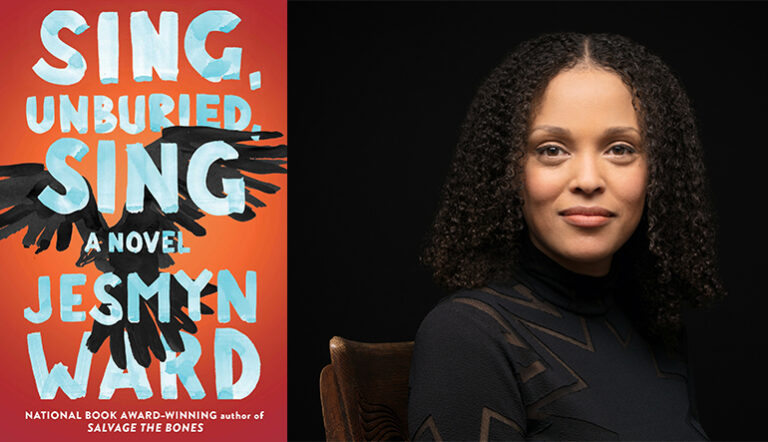
History overlaps with, influences, and outright intrudes on the present, and in Ward’s fictional world that happens metaphorically, mentally, and then literally through visions and ghosts.
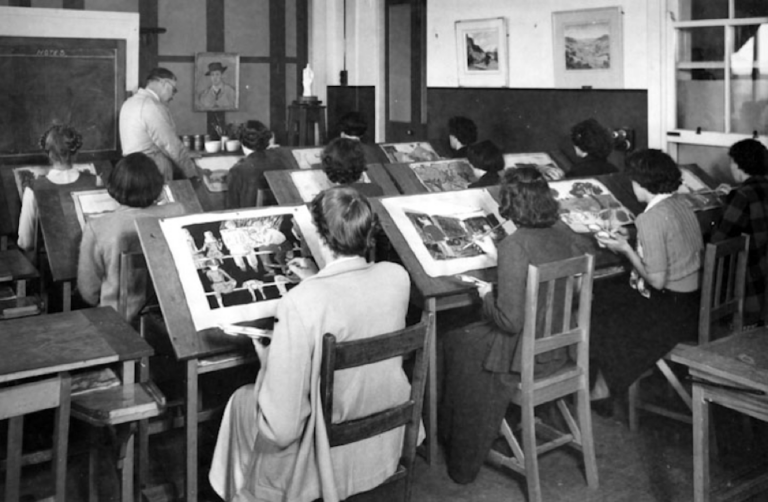
I recently devoured Samantha Hunt’s “A Love Story,” which was in the New Yorker back in May. I loved every moment of that astonishing story, but there was one that made me laugh/sob in that way that lets you know you’re reading something you won’t be forgetting soon.
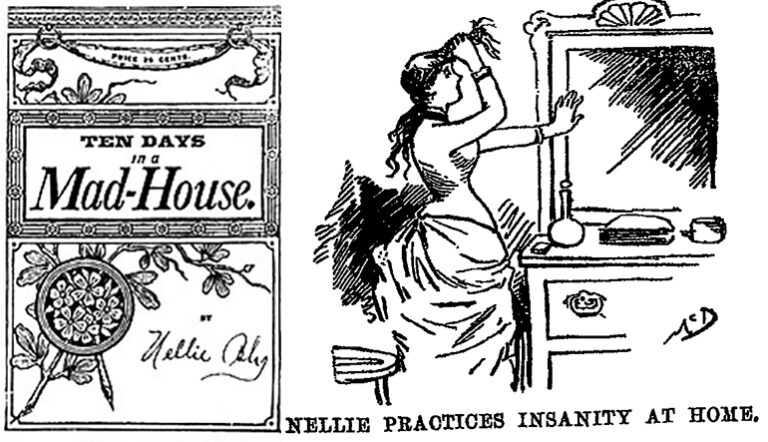
Anyone who is a writer is also a researcher. Stories sprung from one’s imagination are not exempt from these duties. Fiction writers frequently write about a time and place they know—think Conrad and the Congo in The Heart of Darkness or Harper Lee and the rural South. Similarly, writers become interested in a time or…
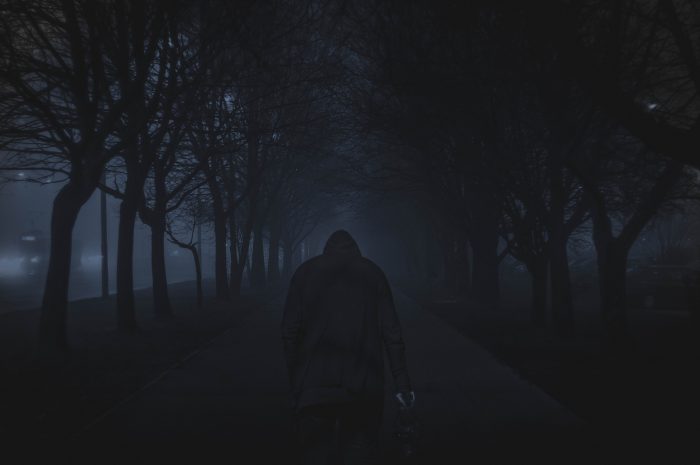
The best horror, in writing or movies, occurs when we understand it the least. Not in the sense of “jump scares,” but rather in the sense of how it is being built and portrayed.
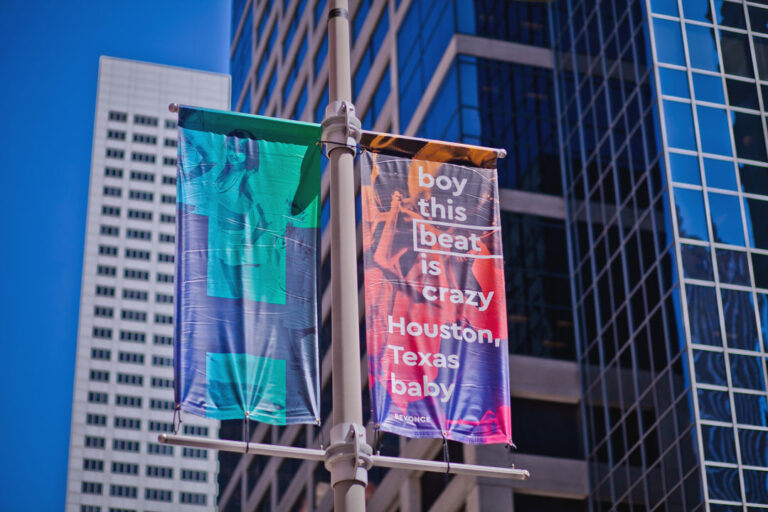
Houston is a poet’s city. I’d say more so than a fiction city, or a playwright’s city, or even a petroleum city for that matter (though, of course, it’s all of those things too).

On the very first page of her most famous and autobiographical novel, The Lover, Marguerite Duras seems to capture in one line the most powerful aspect of the book: “Very early in my life, it was too late.”
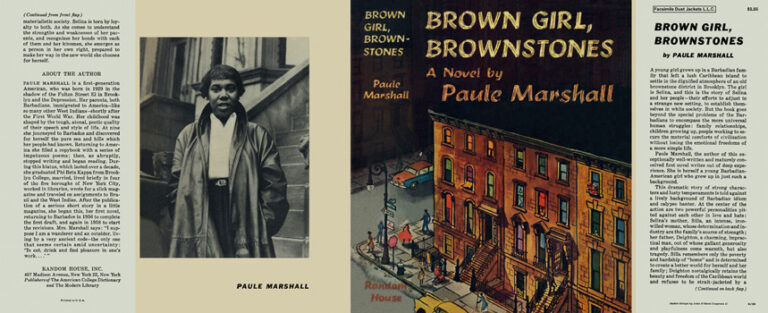
The myth of Rosie the Riveter is as well-known as her bandana-clad hair and stoic flexing. As a way to supplement male industrial labor resources depleted by World War II, Rosie represented the potential for women economically left behind since the Great Depression to gain financial power over their lives.
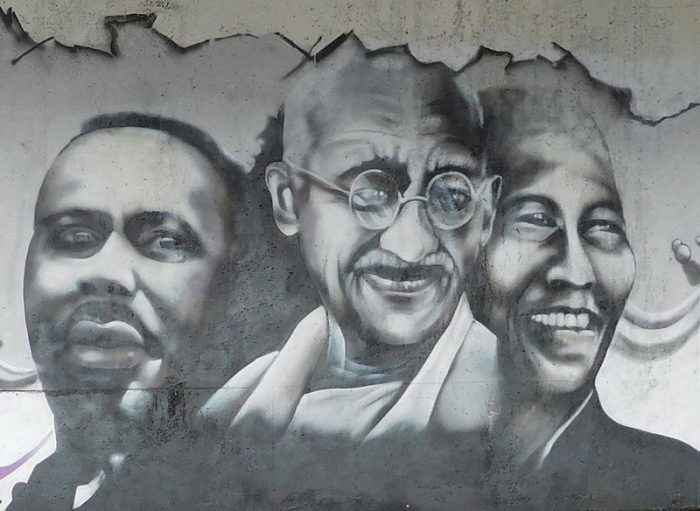
Black people have been fed so much toothless rhetoric regarding how we are supposed to deal with the brutal realities of racism that it now starts to ring both disingenuous and hollow.

It’s my opinion that Nora Ephron never should have left journalism. Sure there was a lot more money to be made writing and directing major motion pictures like When Harry Met Sally or Sleepless in Seattle, but Ephron had a gift for magazine writing.
No products in the cart.